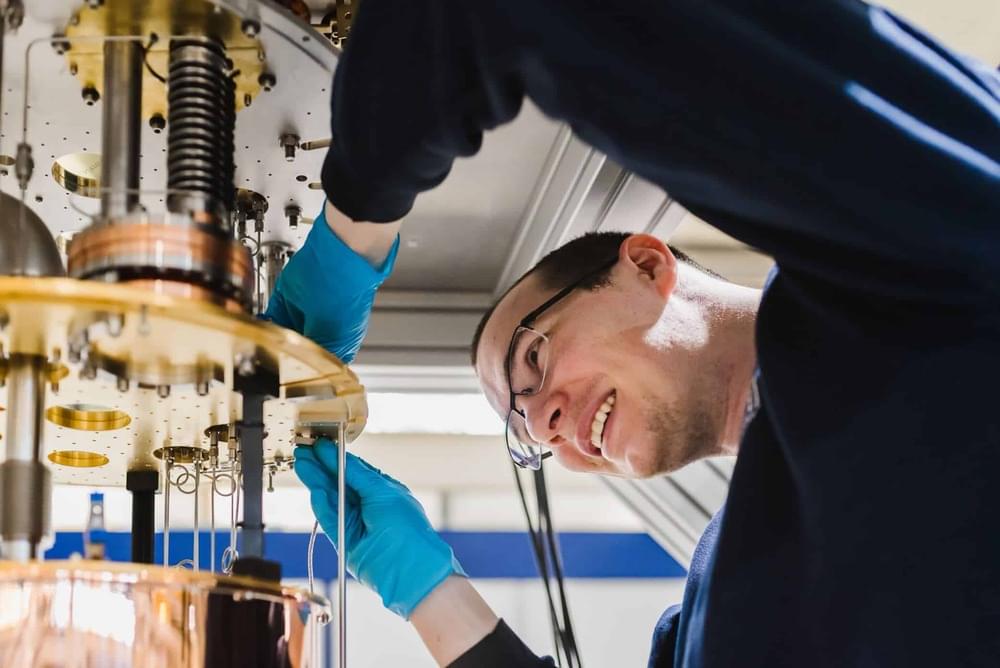Get your helmet on and be ready for the fallout from an emerging battle royale in AI. Here’s the deal. In one corner stands Microsoft with their business partner OpenAI and ChatGPT. Leering anxiously in the other corner is Google, which has announced that they will be making available a similar type of AI, based on their long-standing insider AI app known as Lambda sounds kind of techie, which is a stark contrast to “ChatGPT” (seems kind of light and airy). Google, perhaps realizing that a name embellishment was needed, has opted to put forth its variant of Lambda and anointed it with a new name “Bard”.
I’ll say more about Bard in a moment, hang in there.
Google has announced they will be releasing a generative AI app called Bard, based on their Lambda AI app. Microsoft is going to incorporate OpenAI ChatGPT into Bing. The AI wars are getting avidly underway. Here’s the scoop.






